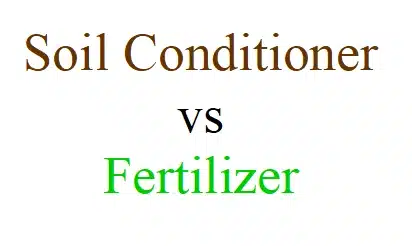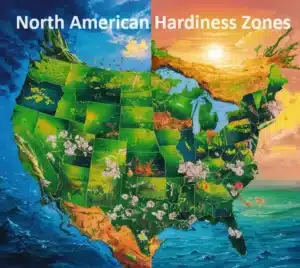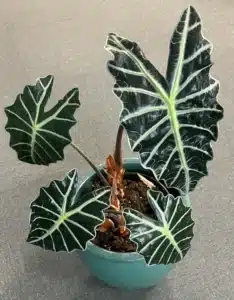

What is the Difference between Soil Conditioner and Fertilizer?
When it comes to providing our plants with the essential nutrients they need, the discussion often revolves around fertilizers and soil conditioner. Over time, the nutrients in the soil and substrate deplete, requiring an additional boost for plants—a role fulfilled by both fertilizers and soil conditioner. While these terms are commonly used interchangeably, they hold distinct differences. So, let’s have a look at the difference between fertilizers and soil conditioners.
Differentiating Fertilizers and Soil Conditioners:
Content: Distinguishing between these two essential elements lies in their composition. Soil conditioners, commonly referred to as “organic or inorganic,” enrich the soil’s nutrients and therefore benefit the crops grown in it. On the flip side, fertilizers are artificially created products, primarily consisting of macronutrients. While most fertilizers in use today are of chemical origin, eco-friendly alternatives exist, allowing for environmentally conscious cultivation practices.
Usage: The application method further sets them apart. Soil conditioners are incorporated into the soil, indirectly benefiting the plant through its roots. In contrast, fertilizers are applied directly to the plant, often mixed with irrigation water. Despite this direct application, a significant portion of the product inevitably finds its way to the soil due to the forces of gravity and environmental elements.
Types of Soil Conditioners:
Manure:
Obtained from animal waste like cows, horses, or sheep.
Varied types are recommended for specific crops based on their nutrient balance.
Compost:
A popular homemade soil conditioner using organic household and garden waste.
Requires patience and some experience but offers an eco-friendly recycling solution.
Worm Castings or Vermicompost:
Produced by red worms, providing a nutrient-rich mixture and beneficial microorganisms.
Easily obtained or produced at home with a vermicomposting setup.
Chicken Manure:
Rich in nutrients such as sulfur, nitrogen, potassium, calcium, magnesium, and phosphorus.
Can be processed with the Japanese bokashi method for quicker maturation.
Inorganic Soil Conditioner:
Comprises mineral compounds, not derived from animals or plants.
Maintains a natural and ecological profile.
Types of Fertilizers
Synthetic Fertilizers:
Artificially created for intensive large-scale agriculture.
Can pose environmental threats, contaminating water sources and lacking long-term soil enrichment.
Organic Fertilizers:
Although artificial, they are eco-friendly alternatives.
Applied directly to crops, often integrated into irrigation water.
Crafted from natural ingredients, with numerous homemade recipes such as banana peel tea, coffee grounds, or nettle slurry.



